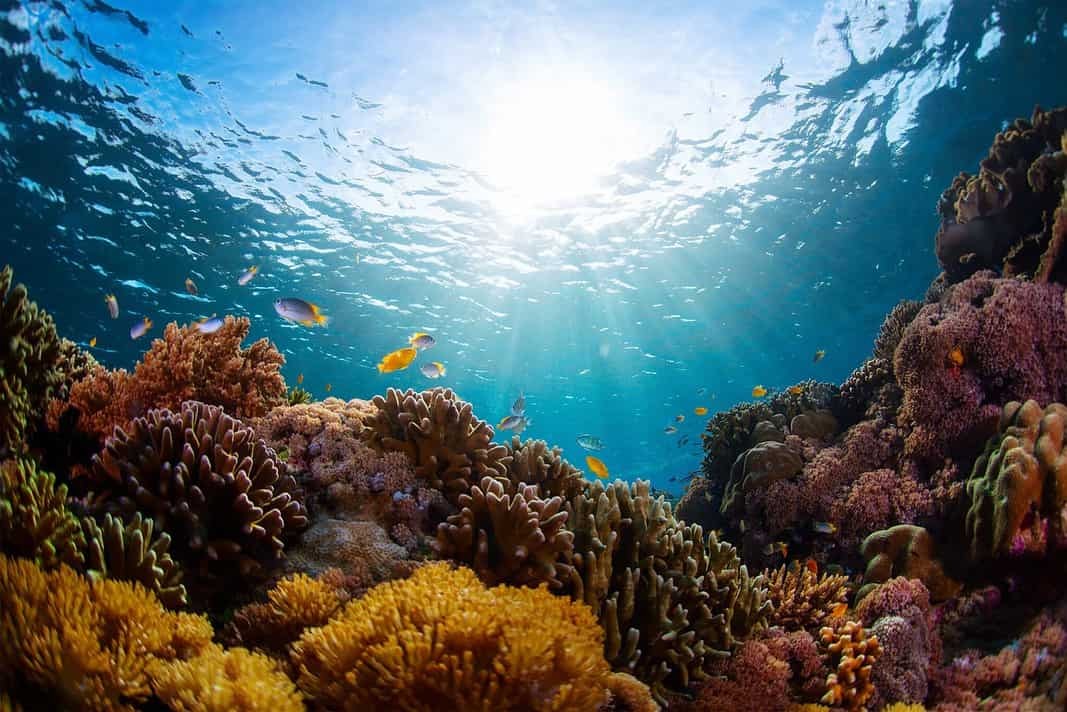Researchers from Penn State University have found that coral reefs in the Indo-Pacific are more resilient than Atlantic corals in the face of climate change.
The scientists discovered that the main factor in this resilience is the difference in coral symbiont species.
The researchers found that there are two different types of Symbiont species, generalists and specialists, with the latter only capable of associating with one or a few types of coral species. Locations like the Caribbean prefer specialty symbionts, while Indo-Pacific corals tend to prefer generalist symbionts. As a result, Indo-Pacific corals, with their more flexible symbiont choices, are more robust and are capable of weathering environmental stressors better than their Caribbean counterparts.
Discussing the importance of robustness on coral population, Todd LaJeunesse, a Penn State professor of biology said about coral bleaching which is caused by the death of symbionts from changes in environmental conditions:
“Coral bleaching has an impact not only on the coral colonies but also on entire ecosystems of creatures, including invertebrates such as sea urchins and spiny lobsters, as well as vertebrates such as fish and sea turtles.”
You can find the original research here.

